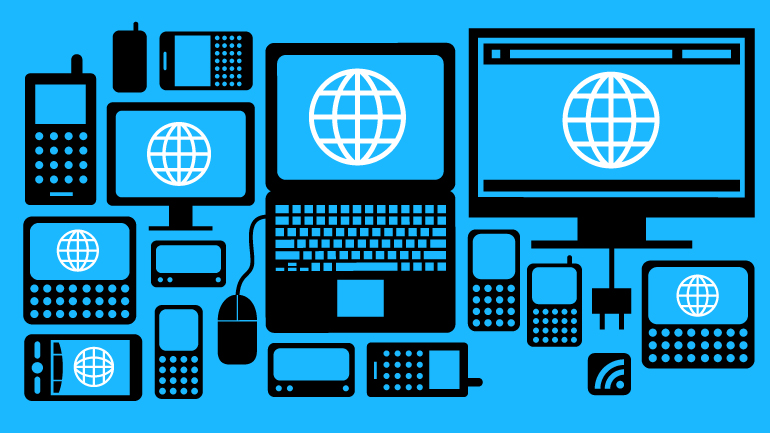
Sign up for breaking news, reviews, opinion, top tech deals, and more.
You are now subscribed
Your newsletter sign-up was successful
The internet you know and love may no longer exist come May 15. At least, it won't if the FCC gets its way.
In a story posted by The Wall Street Journal, the periodical claims "the FCC plans to propose new open internet rules on Thursday that would allow content companies to pay internet service providers for special access to consumers."
What exactly does this mean for you? Well, if you're here in the ol' U.S. of A. it means basically the FCC is proposing updated regulation that includes a clause that enables companies like Netflix and Skype to pay for preferential treatment.
Want to watch Netflix at the same speed on a Verizon as you would on AT&T? That may cost you.
New rules
Similar rules without this clause have been struck down once before, but this time FCC Chairman Tom Wheeler will attempt passing the rules again on May 15, this time under a different part of the law.
The aforementioned change directly contradicts the definition of net neutrality and could compromise the open nature of the internet. But don't be fooled; Netflix at least hasn't taken this lying down.
Other big changes being proposed will include allowing ISPs "some form of discrimination" and denying the motion to reclassify the internet as a public service.
Sign up for breaking news, reviews, opinion, top tech deals, and more.
The big picture
Net neutrality is a very important thing. It's what allows us to get on the internet in the morning in our underwear, browse to sites like Google, watch a re-run of How I Met Your Mother on Netflix, and play an hour of World of Warcraft before feeling guilty for staying inside on a sunny day.
Allowing ISPs to give "special access" to consumers and discriminate against others (financially in this case) means that this way of life may soon be a thing of the past. And if the internet isn't a public service, then corporations will be allowed to control the flow and spread of information. Not to make them sound like evil overlords or anything.
For the time being, these are just proposed changes and have not been codified into law. But any change that limits access, incurs extra cost, or provides "special access" is scary stuff.
- Want to learn more about net neutrality? Check out our explanation of it here.

Nick Pino is Managing Editor, TV and AV for TechRadar's sister site, Tom's Guide. Previously, he was the Senior Editor of Home Entertainment at TechRadar, covering TVs, headphones, speakers, video games, VR and streaming devices. He's also written for GamesRadar+, Official Xbox Magazine, PC Gamer and other outlets over the last decade, and he has a degree in computer science he's not using if anyone wants it.